International Women’s Day: How can we have equity when we don't have pockets?
By Niki Bezzant
As International Women's Day rolls around again, women can sit back, relax and reflect on all the amazing progress that's been made in the past year.
Kidding!
Last year I wrote a piece on why we still need International Women's Day. Sadly, these reasons all still apply. We're still behind (or going backwards) in the gender pay gap; representation in the nation's boardrooms; the orgasm gap and access to equitable healthcare.
To put a positive spin on it, we can also reflect on this year's IWD theme - 'Inspire Inclusion' - and know we have, at least, come a relatively long way.
In the past, women were excluded from many spheres and activities we now take for granted. To choose a random few examples: voting, attending university, working outside the home, owning or inheriting property, wearing trousers and leaving the house alone are all things that were once either widely unacceptable or illegal. (Pop quiz: can you name a country for each of those activities where these things are still illegal for women?*)
Here are some other ways women have been excluded in history - and a look at how far (or not) we've come.
Banking and mortgages
We may laugh now at the quaint idea of The Ladies' Bank (opened in 1958 by the BNZ and widely mocked at the time). But it's worth remembering: it's only within my lifetime that women have been able to take out mortgages or even open bank accounts in their own right. As recently as the 1980s in Aotearoa, single women wanting to buy property were either refused mortgages or only given mortgages when a male relative guaranteed the loan.
A 1958 newspaper advertisement for BNZ's foray into 'Ladies' Banking Services'. Photo: BNZ Archive
We might think things are better now - and they mostly are - but that might not be the case for all women on their own.
Ange Meyer, co-founder of Hi Money - a business aimed at transforming how women think and feel about money - says she's talked to women recently who have been advised by mortgage brokers that the best way to get a mortgage would be to find a partner.
"I would be extraordinarily surprised if single men were being told this," she says.
Meyer says the brokers may have intended this as a helpful problem-solving hack.
"There is this constant bloody perception that women are really good at spending and really useless at saving. And that kind of misogyny is so insidious.
"It also speaks to the fact that we have this utterly ridiculous economic system here that makes it so difficult for women to participate and to grow our wealth and to have financial freedom and wellbeing. We've got a gender pay gap so we earn less. And then if you take time out of the workforce for your caring responsibilities, because of the way money works… you don't have the ability to save as much money and get the benefit of compounding interest."
Perhaps that's partly why research from the Financial Services Council found that 80 percent of New Zealand women rated their financial wellbeing as low or very low.
Retirement savings
Women retire with far less money saved than men.
"We've got a 25 percent gender gap in retirement that's gone up five percent in the last year", says Meyer, "which is outrageous."
Ange Meyer, co-founder of Hi Money: "We have this utterly ridiculous economic system here that makes it so difficult for women to participate." Photo: Ange Meyer
It makes for an insecure time in retirement. Around one in four Kiwis now reaches retirement age without owning the home they live in; women still have lower home ownership rates than men, plus they tend to live longer than men (by about four years) and will live longer without their partners, meaning older women are more vulnerable to poverty.
Retirement Commissioner Jane Wrightson says the retirement savings gap "speaks volumes about the systemic challenges women face, from wage inequality to career breaks for caregiving."
The Retirement Commission notes the solutions are multi-faceted, and include government policies aimed at stamping out the gender pay gap; keeping the age of eligibility to New Zealand Super at 65, and retirement savings plans and Kiwisaver concessions that account for the career breaks and part-time work more often undertaken by women.
Statues
Statues and monuments have been the subject of controversy around the world in recent years, with particularly problematic people sometimes being removed from their pedestals.
Figurehead of the New Zealand suffrage for women movement, Kate Sheppard. Photo: Archives New Zealand
Locally, there have been calls for public statues of colonial military leaders, politicians and royals to be moved or removed due to their less-than-glorious deeds.
There haven't been many calls to even up the statue gender gap, though. Of the 123 outdoor statues of named people in public settings featured in a study by Otago University in 2020, just 16 (13 percent) were of women. Only one was of a Māori woman. George Grey, Edmund Hillary and Peter Snell have multiple statues; suffrage trailblazer Kate Sheppard has just one, which isn't even a statue at all - she's featured on a panel with five other women at our nation's only monument dedicated to the fight for women's suffrage, in Christchurch.
Singer Dua Lipa poses on the red carpet at the 2023 Met Gala, showing off a dress with pockets. Photo: ANGELA WEISS
Pockets
You might think pockets are a trivial thing, but they're a fascinating marker of inequality. In her book Pockets: An Intimate History of How We Keep Things Close, fashion historian Hannah Carlson says this aspect of clothing is "a proxy battle of the sexes that has continued to simmer for over two centuries".
Since pockets were first put into clothes, there's been debate over whether women should be allowed or even needed to have them. In the early 1900s, a dearth of pockets was termed one of the "unrecognised disabilities of women".
Pockets: An Intimate History of How We Keep Things Close by Hannah Carlson. Photo: Hachette
Things have not changed very much. These days, clothing manufacturers have done the deciding for us: women's pockets are routinely smaller, non-functional or absent, where men's are useful and abundant. A survey in 2018 found - after measuring pockets in 80 pairs of jeans - that women's pockets were 48 percent shorter and 6.5 percent narrower than men's, and more than half of women's pockets could not hold a wallet, cellphone or pen.
I can't help but think of the way money and pockets are frequently paired in common parlance. Perhaps if we had pocket equity, the money stuff would follow?
*Pop quiz answers
Voting: Women can vote almost everywhere, except Eritrea where there haven't been elections since its independence in 1993, and Vatican City where there is no voting, except for the Pope.
University: Women are not allowed secondary or tertiary education in Afghanistan.
Property ownership: In more than 30 countries, women and girls still do not have the same rights to own and inherit land as men and boys.
Trousers: Until 2013 it was technically illegal for women in France to wear trousers. Now, trousers for women are reportedly banned in North Korea, though it's said the law is not often enforced. Ten women were arrested in 2023 for wearing shorts, though. Sudan repealed its law against women wearing trousers in 2019.
Other: Afghanistan also forbids women to work outside the home in most cases, and to leave the house except when absolutely necessary. Then, it's only with a male chaperone.
*Niki Bezzant is a writer, speaker, journalist and author focusing on health, wellbeing and science.



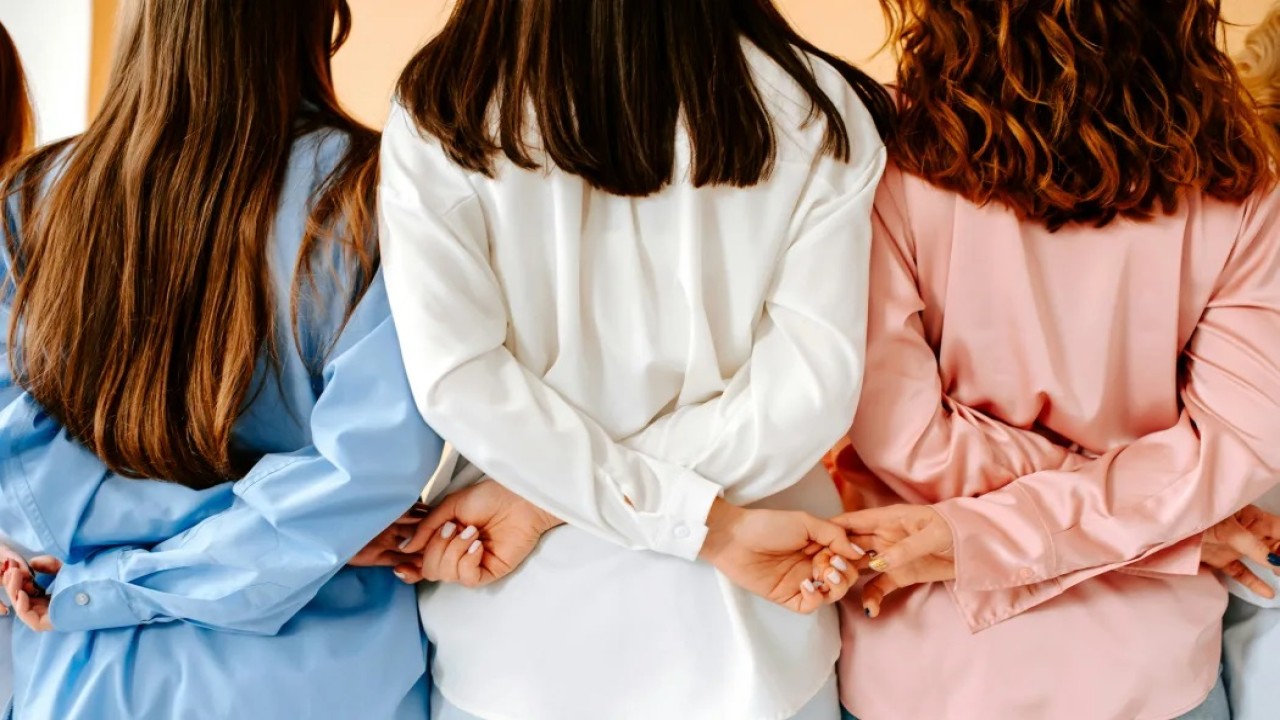
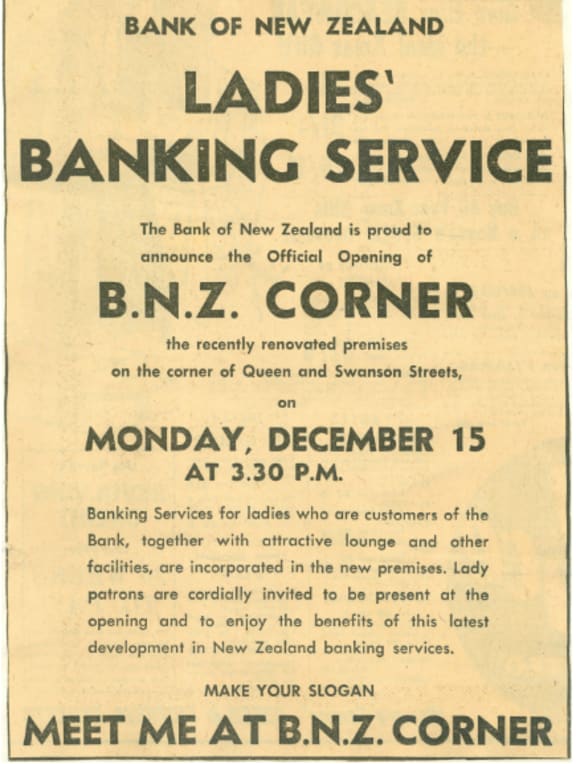
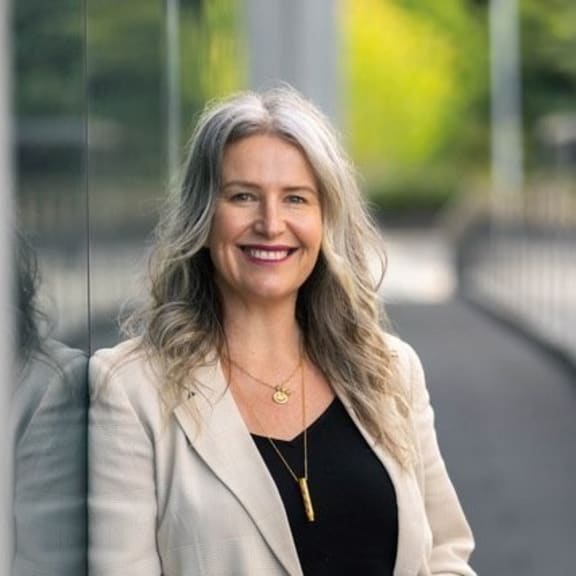
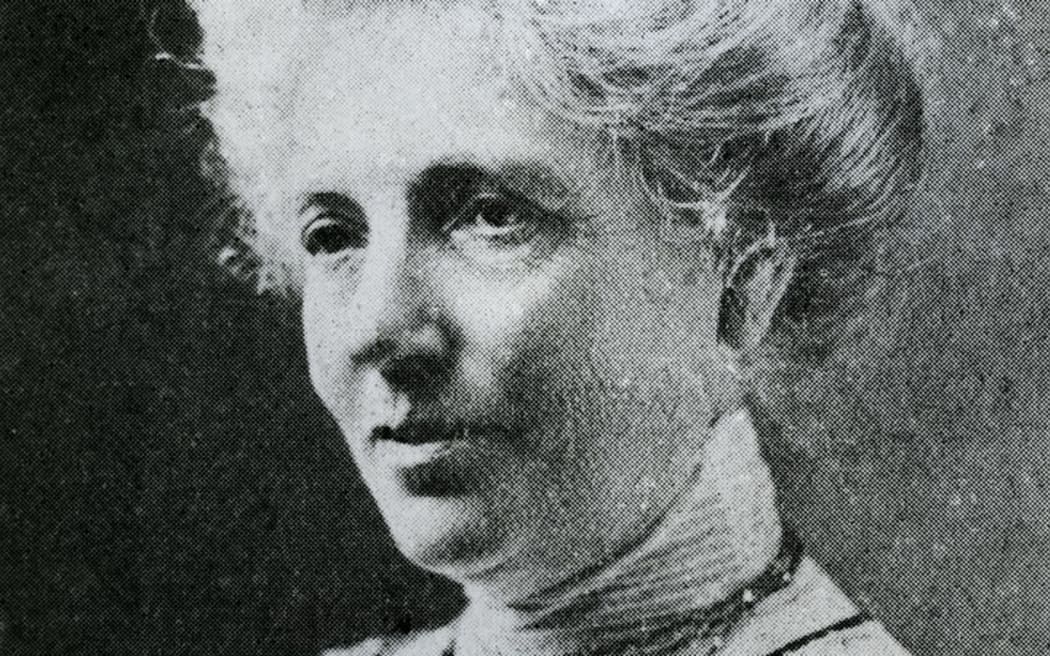
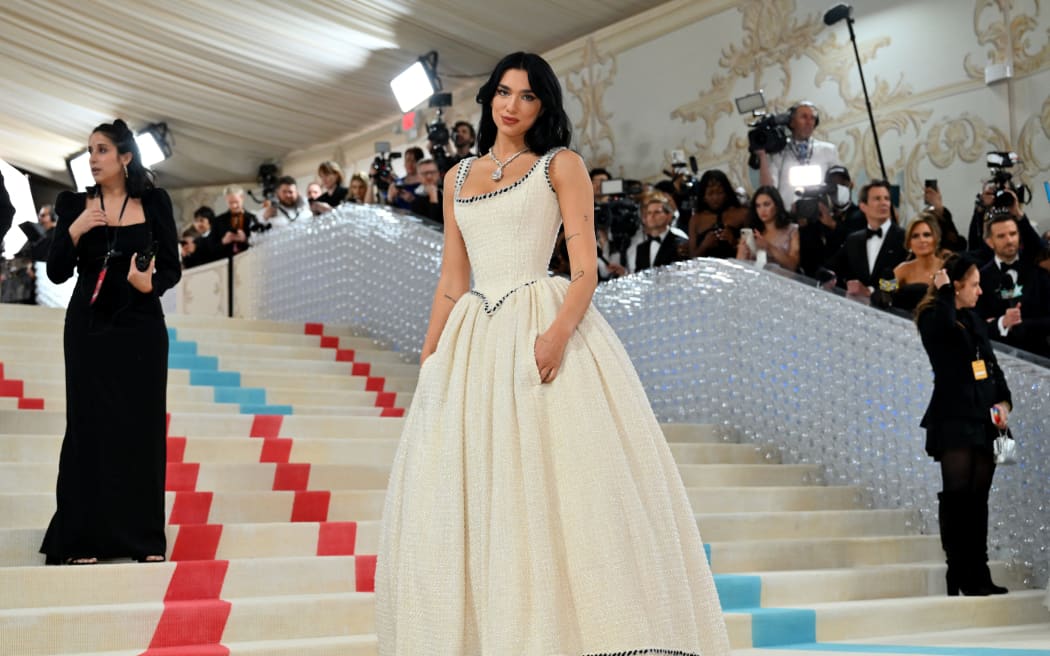
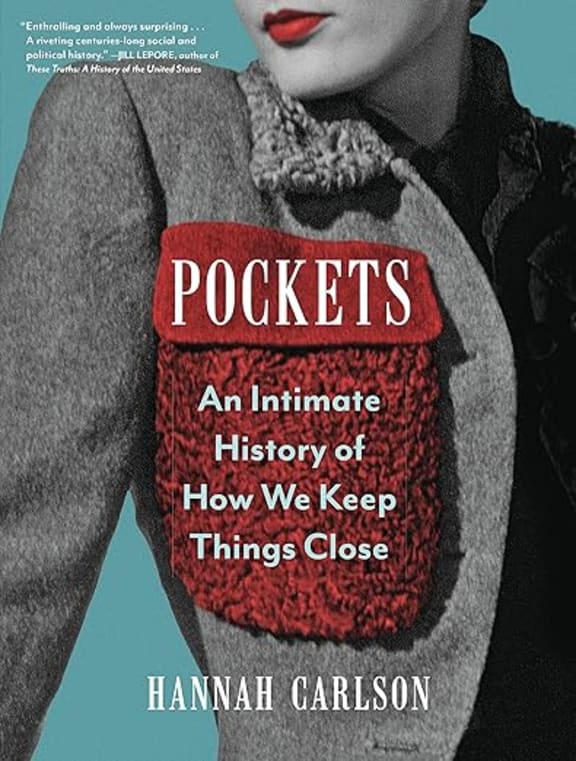



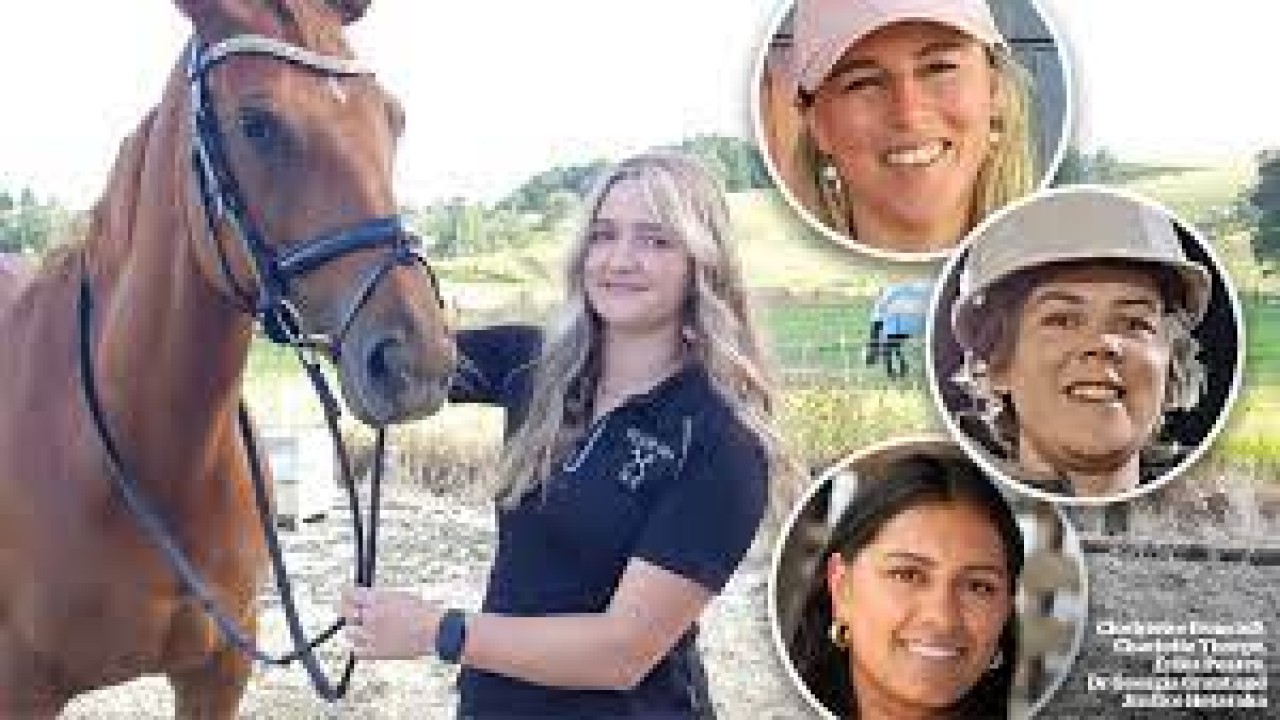
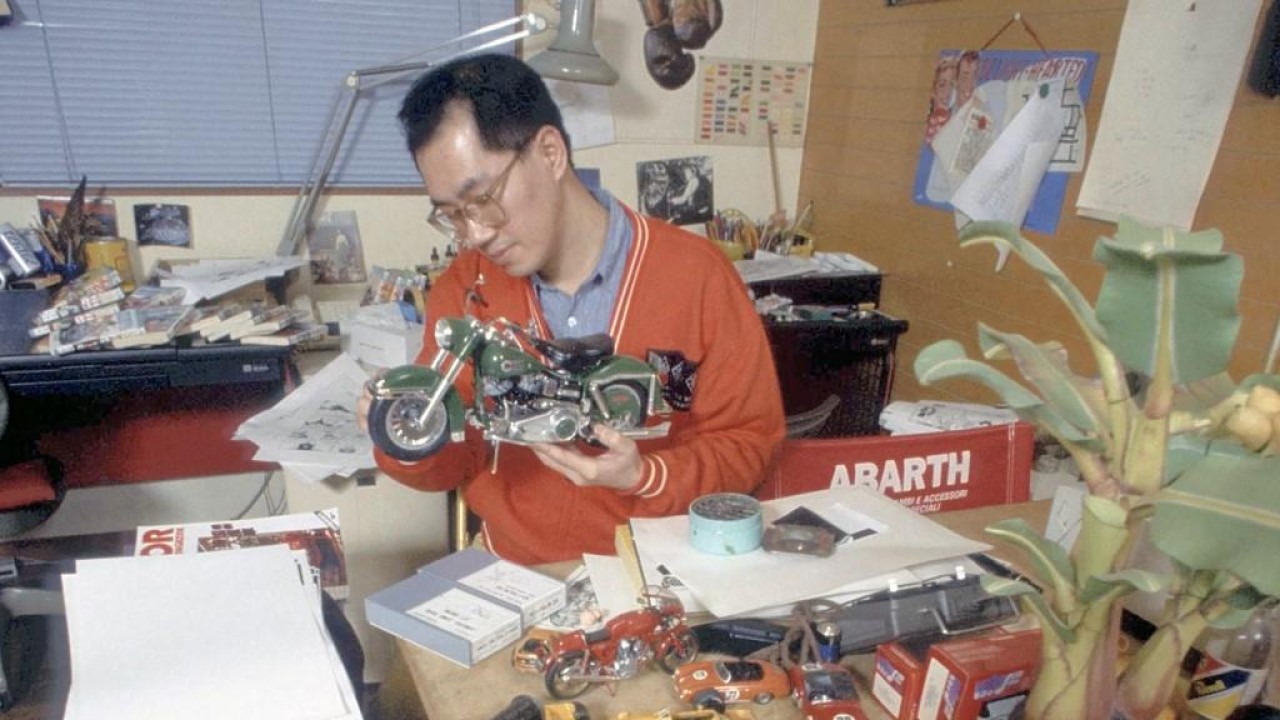
Comments (0)
No comments found